WooCommerce vs Shopify vs BigCommerce vs Adobe Commerce: Which Ecommerce Platform Is Right For You
Choosing an ecommerce platform can be overwhelming. There are so many options available, each with its own pros and cons. Shopify, Woocommerce, Adobe Commerce, and BigCommerce are four of the biggest names in the game, but how do you decide which one is right for you?
Let’s get into the meat!
WooCommerce
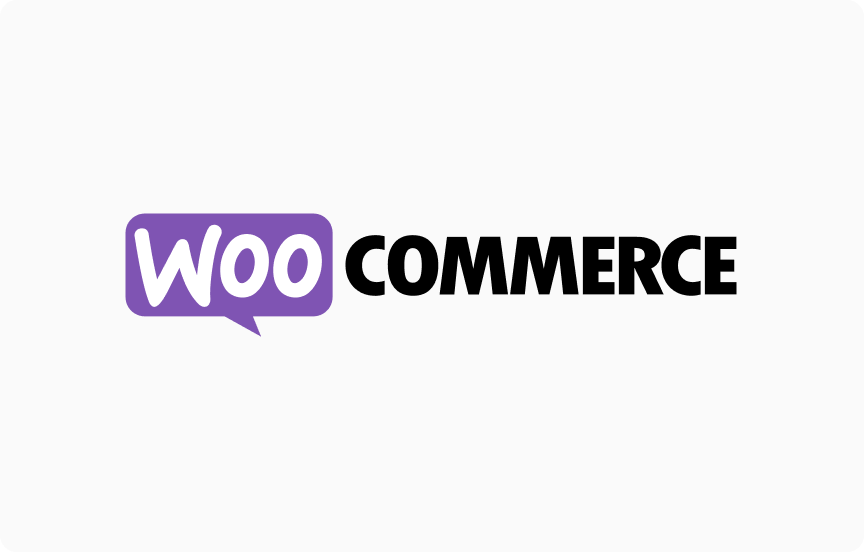
WooCommerce is a free, open-source ecommerce platform that operates as an added extension to WordPress. This provides a significant advantage to those already familiar with the WordPress framework. WooCommerce is widely celebrated for the unprecedented flexibility and customization it offers for design-conscious entrepreneurs.
Pricing
WooCommerce itself is a free plugin. However, don’t let the free tag fool you into thinking it’s a cheap ecommerce solution. Running a WooCommerce store can have some additional costs. You will need to factor in costs such as web hosting, domain name, and an SSL. Additionally, to tap into advanced ecommerce features, you may need to explore paid WooCommerce extensions. Also, if you don’t have a background in website design or familiarity with WordPress, you might want to budget for the cost of hiring a developer or a designer for the initial setup.
Ease of Use
WooCommerce operates within the WordPress interface, which, if you’re already an established WordPress user, makes it quite comfortable to use. However, it is essential to mention that it might be a steep learning curve for beginners completely unfamiliar with WordPress. It’s a more hands-on platform than, say, Shopify, and it may require a certain degree of technical know-how in terms of managing hosting, security, and updates.
Features
WooCommerce, benefits from the extensive variety of plugins available in the WordPress ecosystem. Whether you want to add subscriptions, bookings, or memberships, there’s likely a plugin that can easily add that functionality to your site. Besides, you have full control over the look and feel of your store, which you can mold and change as you require, thanks to the vast universe of free and paid themes available for WordPress.

Support
Being an open-source platform, WooCommerce does not offer the same level of direct, personal support as paid services like Shopify or BigCommerce do. However, this does not mean you’re left in the dark if you need assistance.
There’s a substantial community of users and developers creating an ocean of forums, blogs, and resources where you can find solutions to most of your hurdles. Also, WooCommerce has a comprehensive online documentation library that includes tutorials and walkthroughs.
Scalability
WooCommerce gives you a strong foundation on which to scale. Thanks to the large ecosystem of WordPress plugins, you can continually expand your store’s functionality as your business grows. You’re not locked into a specific plan that limits your growth. Instead, you can opt for a more robust hosting plan, or add more sophisticated plugins as your customer base expands.
Shopify
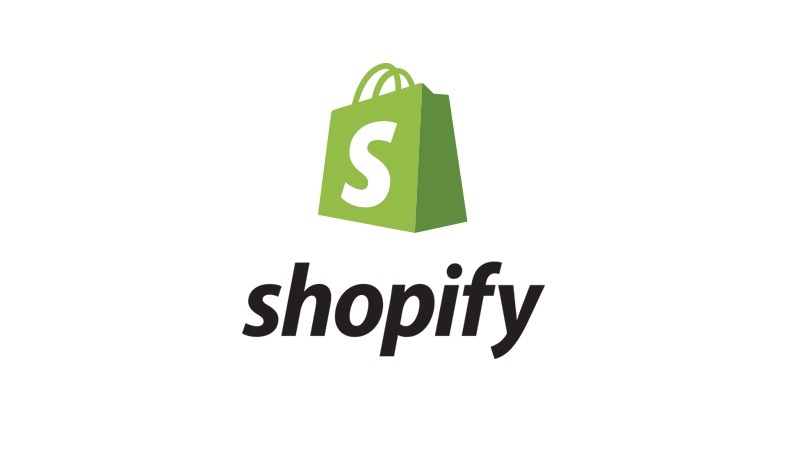
Shopify has earned its reputation as one of the most robust and user-friendly ecommerce platforms out there. What sets Shopify apart is its direct aim at ecommerce unlike WordPress or WooCommerce. It’s a complete solution, specifically designed to help people start, grow, and manage an ecommerce business.
Pricing
Shopify operates on a monthly subscription model with various packages that cater to different business sizes. There are three main pricing tiers: The *Basic Shopify for $25/month, the mainstream Shopify for $65/month, and the top-tier Advanced Shopify for $399/month. Transaction fees apply if you’re using third-party payment gateways instead of Shopify Payments, which can add to the overall cost.
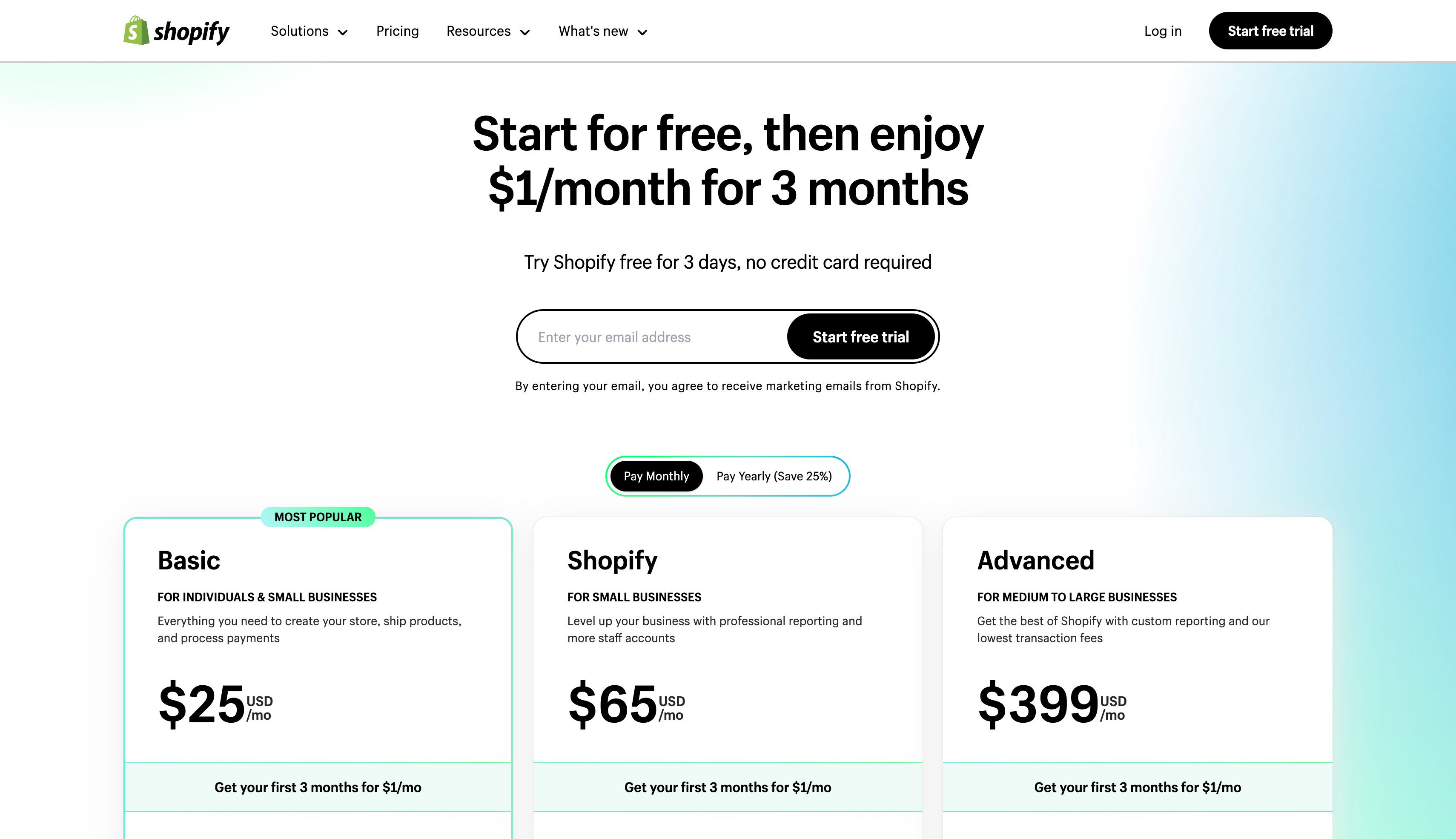
Ease of Use
Shopify is built so that even people without coding or design skills can build an attractive, fully functional online store. Its platform utilizes drag-and-drop technology, eliminating the need for any technical coding skills. Regardless of your technical capabilities, Shopify provides an elegant and comfortable user interface. Every action, from adding products and creating discounts to managing orders and customers, is straightforward and intuitive.
Features
Shopify boasts a wide range of in-built features tailored specifically to ecommerce business needs. This makes it remarkably feature-rich right out of the box. It is loaded up with tools that help in inventory management, SEO, email marketing, product reviews, reporting, and analytics. Beyond these basics, Shopify’s App Store has over 4,000 apps allowing you to develop your store by integrating additional functions aligning with your business requirements.
Support
Shopify is renowned for its strong quality support. It offers 24/7 customer support with knowledgeable representatives available via email, live chat, and phone. This kind of immediate support isn’t available with free platforms like WooCommerce. In addition to the direct support, there’s a wealth of resources in their help center, community forum, YouTube channel, and business courses from Shopify Academy.
Scalability
One of the key strengths of Shopify is its scalability. Whether you’re just starting your business or are already a well-established brand, Shopify has a plan that can accommodate your needs. However, as you move up the ladder and your store grows, you may face additional costs. This progression could include higher subscription costs for more advanced plans, the need for more expensive paid apps, and increasing transaction fees if you are not using Shopify Payments. Nevertheless, with its robust infrastructure, Shopify can comfortably support your business as it scales from a small boutique to a massive online retailer.
Adobe Commerce
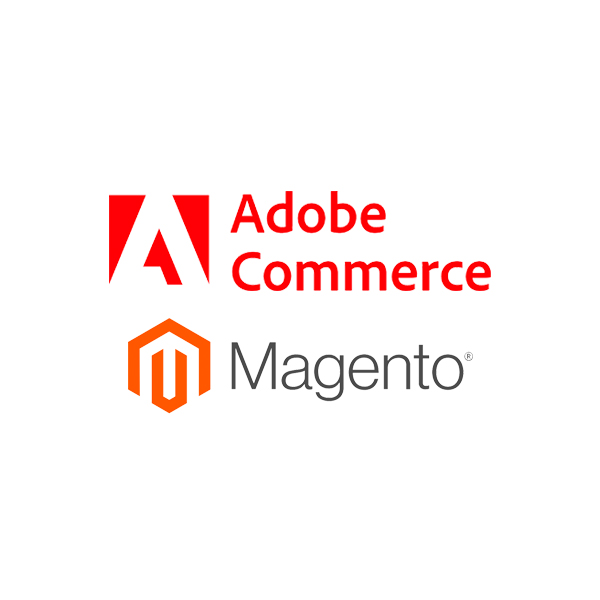
Formerly built and powered by Magento and now part of Adobe’s suite of products, Adobe Commerce (Adobe Magento Commerce) has made its mark as one of the most robust and versatile ecommerce solutions in the market. It’s ideally suited for medium to large businesses with significant resources that require full control and customization capabilities.
Pricing
Adobe Commerce, unlike some of other ecommerce platform competitors, operates on a quote-based pricing model. It doesn’t have a fixed scalable monthly pricing plan like Shopify or BigCommerce. Because it’s tailored to cater to large corporations, the pricing for Adobe Commerce can be quite expensive running into several thousands of dollars annually. The price varies depending on the hosting, the level of customization, the added features, and the level of support needed.

Ease of Use
Frankly, Adobe Commerce isn’t the easiest ecommerce platform to use, especially when compared to Shopify or other competitors. It’s a software suite with a complex and feature-rich nature, therefore, it has a steep learning curve. You might need a team of developers or a strong background in web development to get the most out of Adobe Commerce. For those not technically inclined, it might pose challenges.
Features
When it comes to feature offerings, Adobe Commerce is second to none. With a fully-packed, feature-rich platform, it offers extensive native functionalities that are not typically found in other ecommerce platforms. Some of these powerful features include customer segmentation with targeted offerings, rule-based product relations, content staging and previews, instant purchase (one-click buying), and return management authorization, among others. If you want an ecommerce platform with virtually unlimited abilities to customize and personalize, Adobe Commerce is an excellent choice.
Support
Adobe offers technical support as part of its licensing packages, but the quality of support can vary. Unlike Shopify or BigCommerce where support is open to all customers, the level of support in Adobe Commerce depends on the scale of your business and the pricing tier. However, there’s community support which provides guides, documentation, community forums, and user groups.
Scalability
Adobe Commerce provides limitless scalability for online businesses. It has multi-website, multi-currency, multilingual support, and the ability to control multiple websites from one administration panel. It’s capable of handling complex and vast product catalogues, making it an ideal platform for large businesses or those with plans for significant growth.
BigCommerce
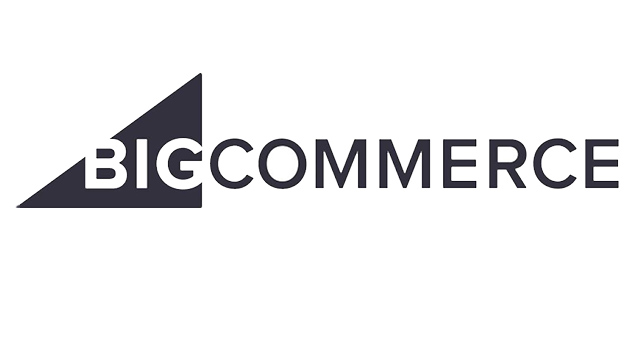
BigCommerce is another highly respected player in the ecommerce field. Being one of the most feature-rich platforms available, it’s known for its superb product options, unlimited bandwidth, and excellent SEO performance, making it a viable choice for businesses of all sizes.
Pricing
BigCommerce functions on a tiered pricing structure. The cost starts at $29. per month for their standard plan, then jumps to $79 for the ‘Plus’ tier, and $299 per month for the ‘Pro’ tier. There’s also an enterprise solution that is custom priced according to requirements. Although the cost might seem steep compared to Shopify, it’s essential to note that BigCommerce does not charge transaction fees or extra for essential features.

Ease of Use
While slightly more complex than Shopify, BigCommerce is pretty user-friendly considering the massive variety of features and customizations it offers. It boasts an intuitive interface that includes a dashboard where you can monitor the performance of your store. It has a straightforward product uploading process, and changes to your site (like template changes) can be made fairly easily. However, some technical knowledge is always helpful in making the most of the platform.
Features
BigCommerce comes packed with a diverse range of built-in features. Their structure places essential ecommerce features into their platform right out of the box. This includes features like unlimited product variants, real-time shipping quotes, and gift cards. Additionally, its SEO capabilities are among the best, allowing store owners to edit meta tags, URLs, and other important SEO elements. For things beyond the built-in functionalities, BigCommerce boasts an extension marketplace where you can access a variety of third-party apps.
Support
One of the significant advantages of BigCommerce is its superior customer support. Their 24/7 live support is available via chat, email, and phone. Not only is the support highly rated, but they also offer a comprehensive knowledge base with articles, guides, videos, and a community forum where you can search for or ask questions.
Scalability
BigCommerce is built with scalability in mind. It’s designed to grow alongside your business and can handle stores that make millions of dollars in sales. Although it’s equally suitable for smaller businesses, it really stands out for medium-sized enterprises and large scale ecommerce operators. The stable, secure infrastructure ensures that your site remains live even during periods of high traffic.
Conclusion
In the grand scheme of things, each one of these e-commerce platforms - WooCommerce, Shopify, Adobe Commerce, and BigCommerce - has its own strengths and weaknesses. The choice boils down to what your particular business requires.
Woocommerce: If you are a start-up, indie retailer, or small to mid-sized business with a shoestring budget, you might want to consider WooCommerce. Its flexibility, customization opportunities, and the fact that it’s free can be inviting. However, keep in mind, that the total cost might add up with your hosting expenses and any premium extensions you choose to add.
Shopify: For sole proprietors and SMEs seeking an easy-to-setup solution, accompanied by robust customer support and a user-friendly interface, Shopify can be a fantastic choice. It’s perfect for beginners with little to no technical prowess, although costs can escalate as your business expands due to raised transaction and subscription fees.
Adobe Commerce: with its comprehensive set of features, is ideal for large businesses that require a highly customizable platform. It’s for merchants who need advanced SEO capabilities, a rich content management system, high-end performance, and multichannel solutions. However, all these features come with a learning curve, not to mention the potentially high financial cost.
BigCommerce: it’s an excellent middle-ground solution offering a wealth of integrated ecommerce tools. The built-in features minimize the need for third-party applications, potentially saving you money in the long run. The excellent support and scalability make BigCommerce a good all-rounder for businesses of all sizes.
Ultimately, each platform has its own strengths. Make sure you understand your business needs and resources before making a decision. Remember, the right platform for your business will help make your online store a success.







.svg)
